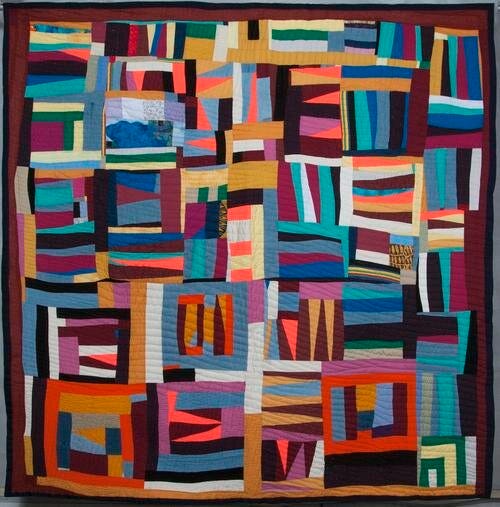Reflections 20th April
Modest, but not Trivial....
It is easy to feel overwhelmed when we face a seeming torrent of irrationality fueled by fear, greed, entitlement, and other negative emotions. Until we remember, this is not new; it’s just louder and scarier examples of what sells our mass media daily.
The worst thing we can do is react to it.
Keep reading with a 7-day free trial
Subscribe to Outside the Walls to keep reading this post and get 7 days of free access to the full post archives.


